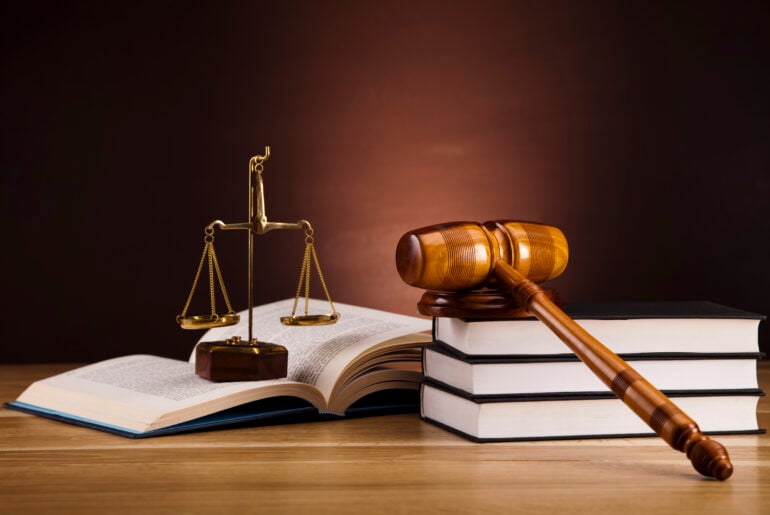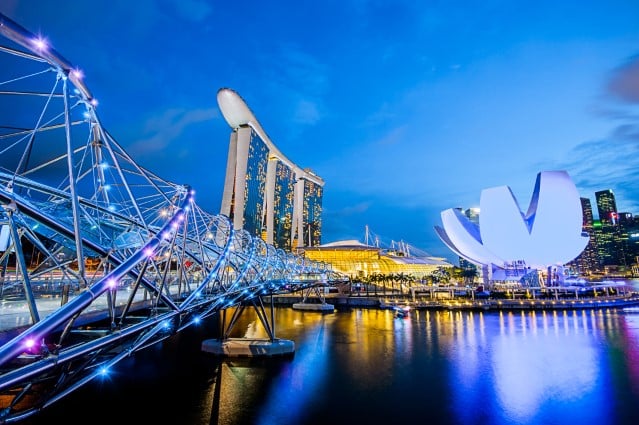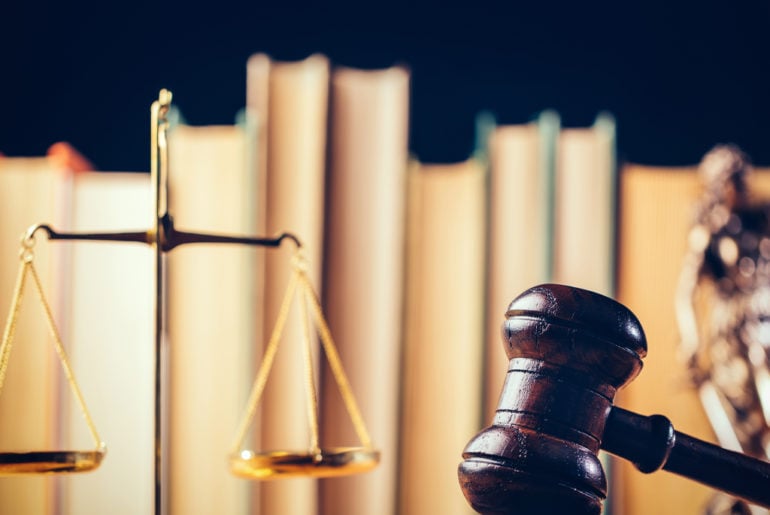In brief When would the directors of a company be bound to consider the interest of the company’s creditors? This was the issue at the heart of the Singapore Court of Appeal’s (SGCA) watershed decision in Foo Kian Beng v OP3 International Pte Ltd (in liquidation) [2024] SGCA 10, which comes hot on the heels of the UK Supreme Court’s pronouncements on the same issue in BTI 2014 LLC v Sequana SA and others [2022] UKSC 25. In a…
In brief On 18 January 2024, the Singapore International Commercial Court (SICC) issued its decision in Re PT Garuda Indonesia (Persero) Tbk [2024] SGHC(I) (“Re Garuda Indonesia”), which was the SICC’s first decision on an application under the UNCITRAL Model Law on Cross-Border Insolvency (as enacted in Singapore in the Third Schedule of the Insolvency, Restructuring and Dissolution Act 2018 (2020 Rev Ed) (“Singapore Model Law”)). In a landmark judgment, the SICC granted recognition and enforcement of…
In brief In Maxx Engineering v PQ Builders Pte Ltd [2023] SGHC 71, the General Division of the High Court of Singapore (“High Court”) dealt with the novel issue of whether a party could be compelled by a court order to refer a dispute to mediation pursuant to its contract with a counterparty, even if it did not want to mediate. The High Court held that it was just and equitable to order specific performance such that…
In brief In the recent decision of Janesh s/o Rajkumar v Unknown Person (“CHEFPIERRE”) [2022] SGHC 264, the Singapore High Court found that NFTs can be regarded as property, and a proprietary injunction may be issued by the Court to prevent the dissipation of NFTs. This decision follows the tenor of the Singapore High Court’s earlier decision this year in CLM v CLN [2022] SGHC 46 (“CLM”), which established that cryptocurrency could be classified as property that could be…
In brief Best efforts clauses are a common feature in an array of commercial contracts, spanning across different industries and jurisdictions. These clauses typically require one or both party/parties to engage its/their best efforts to bring a certain stipulated outcome to fruition. Often, such clauses are regarded as preferable to clauses that guarantee a certain outcome, since it is not uncommon in commercial contracts for a desired outcome to be dependent on acts to be…
Written records are of primary importance in construction projects. Not only do they obviate disputes as to alleged happenings, but they also help focus the parties’ attention on any potential adjustment of the contract sum. In Vim Engineering Pte Ltd. v. Deluge Fire Protection (SEA) Pte Ltd. [2021] SGHC 63, the General Division of the Singapore High Court (SGHC) held that a contractor is not entitled to claim for variation works that were carried out pursuant to…
In Range Construction Pte Ltd v Goldbell Engineering Pte Ltd [2021] SGCA 34, the Singapore Court of Appeal (SGCA) considered, for the first time, whether an employer has the right to set off its claim for liquidated damages against a contractor’s payment claim in an adjudication under the Building and Construction Industry Security of Payment Act (SOPA). The contractor’s payment claim was submitted on 2 December 2019, and the applicable statute was the pre-amendment Building and Construction…
As the COVID-19 pandemic continues to have a profound impact on businesses, companies have started to look at the medium- to long-term implications of this crisis. We have seen how various industries are embracing and accelerating digital transformation as a way to achieve operational efficiencies, meet business demands and in avoiding, mitigating and resolving disputes during this time. We invite you to join us on Friday, 21 May 2021 as we take a closer look at…
Our Singapore office has released its Dispute Resolution annual video series, where our speakers recap the highlights and developments in 2020. Please see full topic list and as well as the speakers for each and the link to all episodes: Episode 1: Restructuring and Insolvency by Emmanuel Chua. Access video here. Episode 2: Compliance by Celeste Ang. Access video here. Episode 3: Commercial Litigation by Kumar Ponniya: Access video here. Episode 4: Construction by Daniel…
Six years after its inception, the Belt and Road Initiative (BRI) launched by Chinese President Xi Jinping has entered a new, more mature stage. Now based on a more inclusive, transparent and sustainable approach, the global development strategy has been gaining more traction in the 130+ collaborating countries. However, there are two sides to this particular coin: as the opportunities grow, so do the risks. Risk mitigation and compliance for BRI projects have become top…



![Singapore Court recognises non-fungible tokens as property and grants interim injunction against persons unknown in Janesh s/o Rajkumar vs. Unknown Person (“CHEFPIERRE”) [2022] SGHC 264](https://globallitigationnews.bakermckenzie.com/wp-content/uploads/sites/50/2022/11/shutterstock_1439171585-770x515.jpg)





